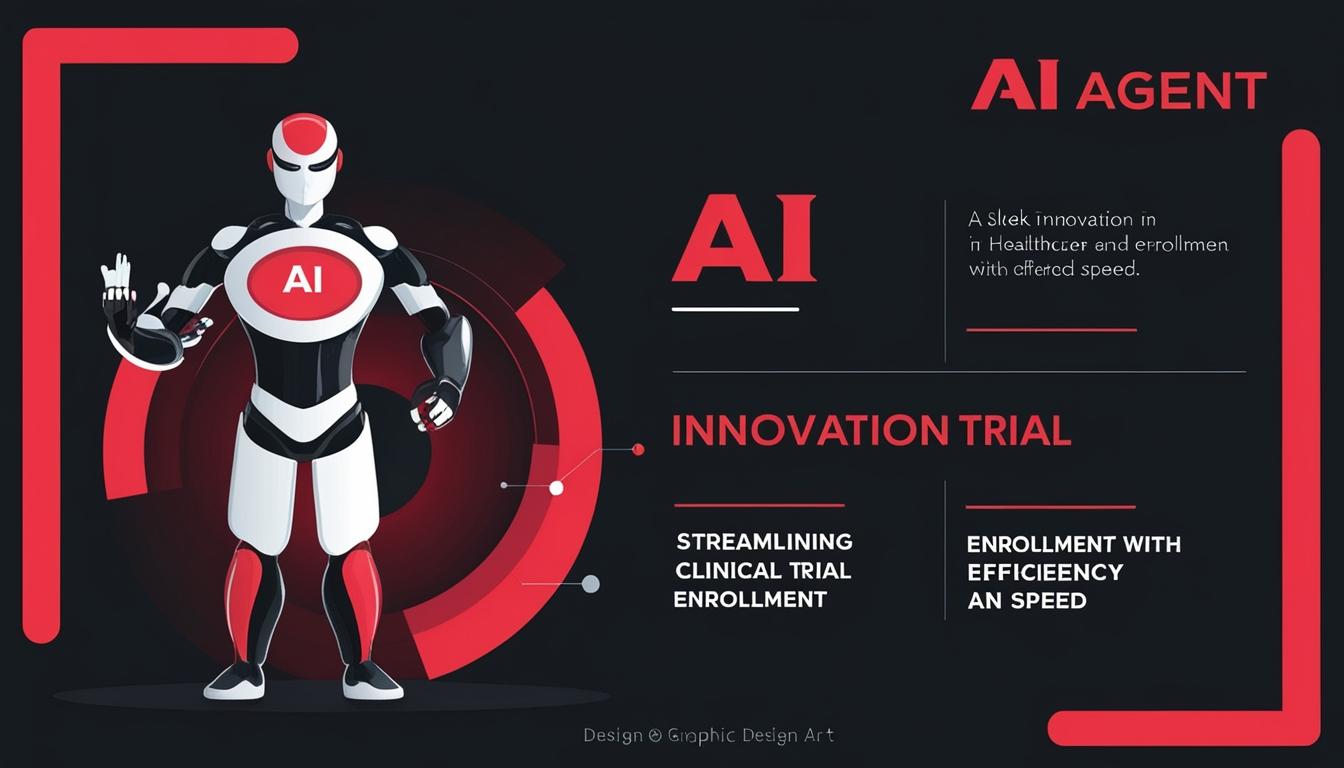In a significant development concerning the intersection of artificial intelligence and healthcare, Tran Le, a former engineering student at Stanford University, alongside Sohit Gatiganti, has co-founded Grove AI. Their collective experience with the cumbersome process of enrolling in clinical trials inspired this innovative venture aimed at streamlining patient access to clinical research.
Grove AI’s creation stems from Le's own frustrations when she attempted to join a clinical trial for a chronic condition. The complex sign-up process, which typically involved extensive email correspondence with clinical sites and lengthy forms, highlighted a pressing issue in the healthcare sector. Le and Gatiganti identified that generative AI could drastically reduce the lengthy enrollment time, transforming what traditionally takes weeks into mere minutes.
The fundamental operation of Grove AI revolves around its voice-based AI agent, known as Grace, which assesses patient eligibility for clinical trials. By initiating contact with patients who express interest in participating in a trial, Grace carries out pre-screening questions and can efficiently schedule initial visits to clinical sites for further assessment by trial managers.
Since its inception nearly eight months ago, Grove AI has made impressive strides, interacting with over 70,000 patients and scheduling approximately 7,000 in-person appointments. The startup, having secured two customers with multi-year contracts, is poised for significant growth in a landscape where many patients seek clinical trial opportunities independently—often through platforms like clinicaltrials.gov.
Grove AI's innovative approach is notably unique in the space. "A lot of the players in this space are reaching out to us, and they’re very interested in partnering with us," Le noted, indicating a robust interest from the industry in the solutions they offer.
The startup recently announced it has successfully raised $4.9 million in seed funding, led by venture firm A. This funding round also saw participation from Afore Capital, LifeX Ventures, and Pear VC, reflecting investor confidence in the potential of reducing bureaucratic barriers in clinical trial enrollment. Gautam Gupta, co-founder and general partner at A, commented, “The market that they’re going after is not the biggest market today, but I think there’s room for it to grow.” He estimated the market size to be close to $10 billion, though specifics regarding which segments of this market Grove AI will target remain unclear.
Gupta conveyed optimism regarding the future of clinical trials due to advances in AI and computational biology, suggesting that such progress could lead to an “explosion of drug research and clinical trials,” positioning Grove AI to benefit significantly from this growth. He acknowledged that while the technology behind Grove AI might not be overly complex, its demand among traditionally slow-to-adopt organisations is what makes it an exciting prospect.
Beyond patient interaction, Grove AI is also focused on collecting and organizing patient data, aiming to create a relationship management tool that could revolutionise how clinical sites manage patient records, typically kept in cumbersome spreadsheets. Gupta outlined that while quantifying this opportunity is challenging, it presents substantial potential for building a competitive advantage and establishing new monetization avenues over time.
This development indicates a burgeoning trend within the AI automation landscape, particularly in healthcare, where emerging technologies are expected to transform business practices by enhancing efficiency and reducing administrative burdens. As Grove AI continues to evolve, its impact on clinical trial accessibility may pave the way for broader applications of AI in the medical field.
Source: Noah Wire Services
